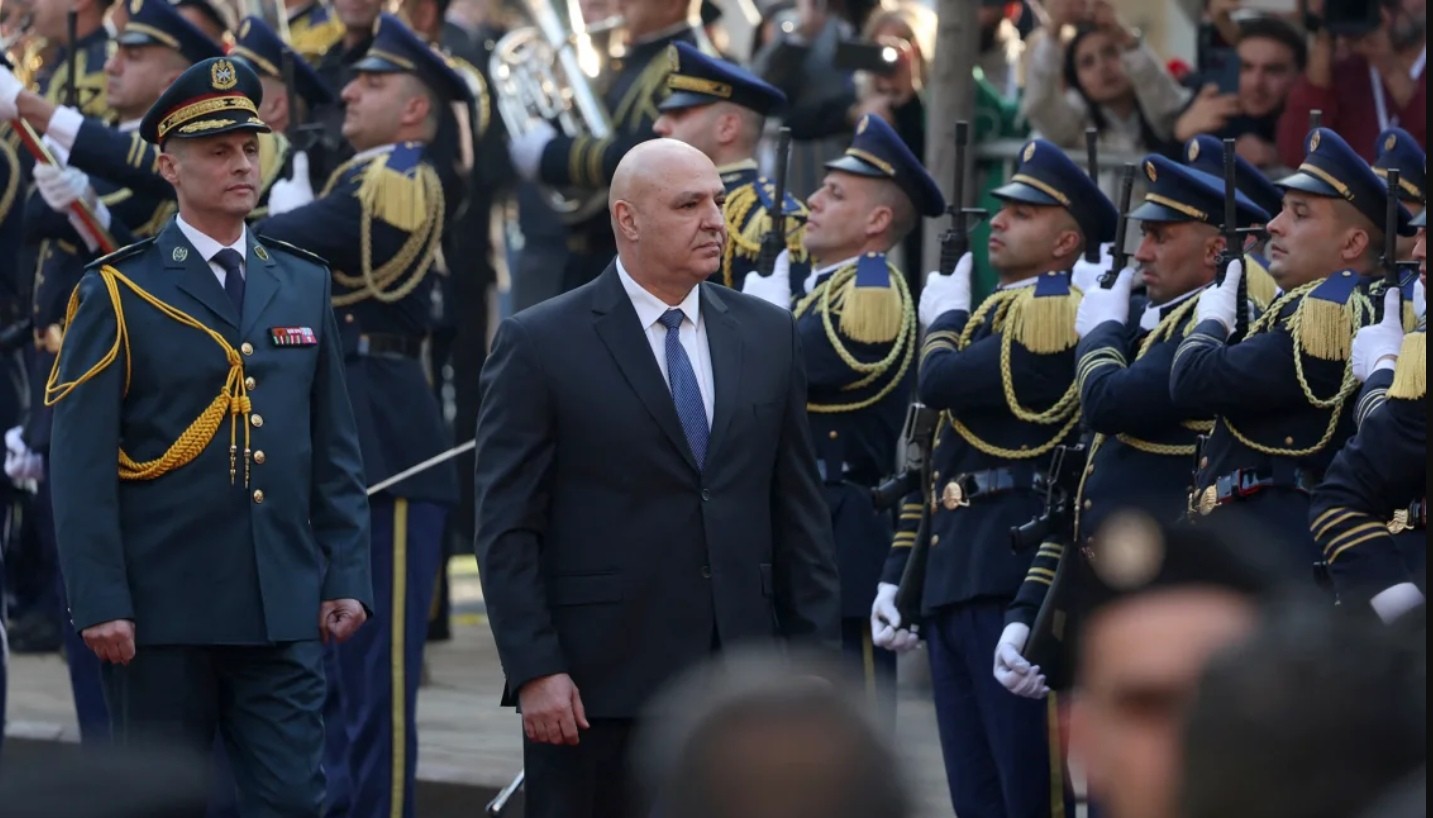South Korea seeks arrest of suspended President Yoon Suk Yeol
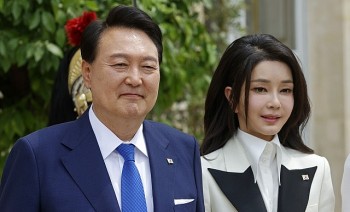 Who is Yoon Suk Yeol (South Korean President): Personal Life, Wife, Career, and Net Worth Who is Yoon Suk Yeol (South Korean President): Personal Life, Wife, Career, and Net Worth President Yoon Suk Yeol said in an emergency briefing that South Korea has declared martial law. Check out his early life, family, wife, children, career, ... |
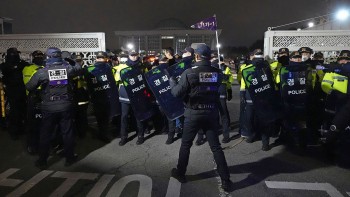 Martial Law in South Korea: A Historical Overview Martial Law in South Korea: A Historical Overview The South Korean president has declared martial law across the country in a surprise television address. He has accused the opposition of controlling the parliament ... |
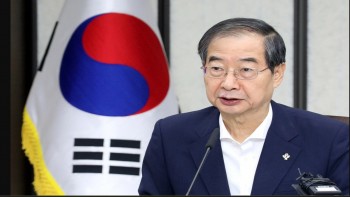 Who is Han Duck soo (PM of South Korea): Early Life, Family, Career, and Net Worth Who is Han Duck soo (PM of South Korea): Early Life, Family, Career, and Net Worth Han Duck soo is a distinguished South Korean politician, economist, and diplomat who has contributed significantly to his nation’s economic development and global standing. |
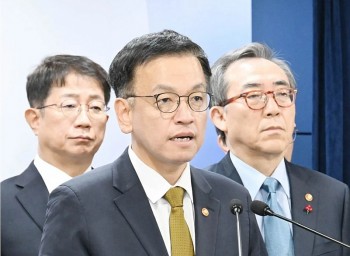 Who Is Choi Sang-mok, Korea Acting President: Biography, Career, and Future Who Is Choi Sang-mok, Korea Acting President: Biography, Career, and Future South Korea's Finance Minister Choi Sang-mok is expected to take over as president after acting President Han Duck-soo was impeached by parliament. Check out his ... |
The joint investigation team, which includes officials from the Corruption Investigation Office for High-ranking Officials (CIO), the police, and the Ministry of Defence, requested an arrest warrant after Yoon ignored three summonses for questioning.
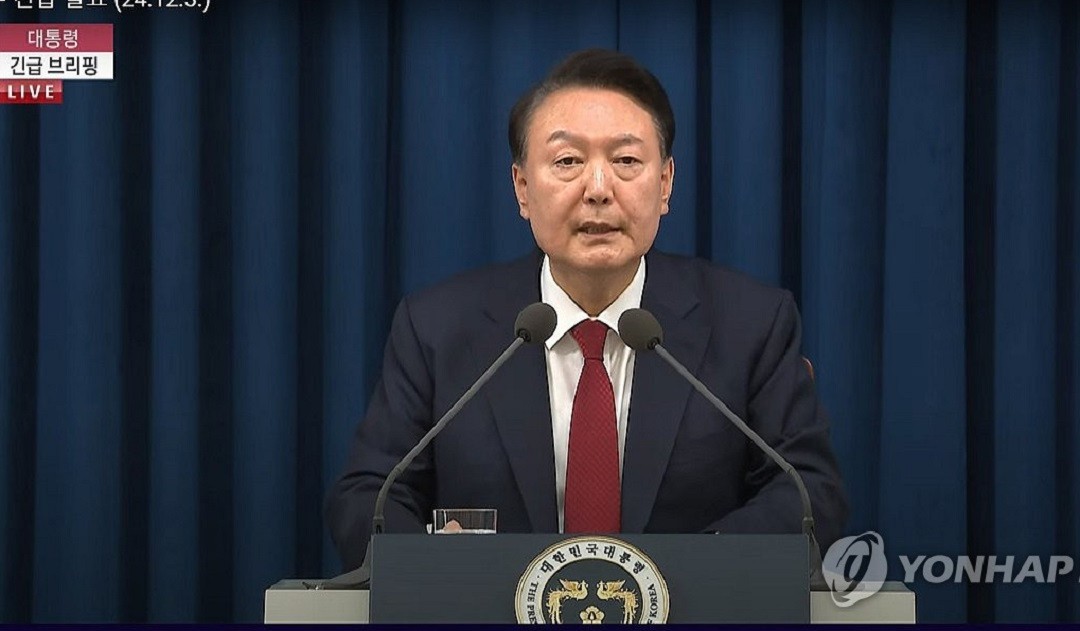 |
| South Korean President Yoon Suk Yeol |
A court will decide whether to issue the warrant, which would be a first in South Korean history. Although Yoon is immune from prosecution for most crimes as a sitting president, he is not protected in cases of rebellion or treason.
Yoon's lawyer, Yun Gap-geun, told Yonhap News Agency that the CIO was acting beyond its authority and that he would take formal steps in response.
Yoon's brief declaration of martial law on December 3 shocked South Korea, causing the country's biggest political crisis in decades. He has been suspended from his duties since December 14, following a 204-85 vote by the National Assembly for his impeachment.
Yoon, who was the top-ranking prosecutor before entering politics, faces criminal charges of insurrection, which can lead to life imprisonment or the death penalty. After Yoon's decree, heavily armed troops stormed the National Assembly and clashed with lawmakers, reminiscent of South Korea's past military dictatorships.
Prosecutors allege that Yoon instructed a top defence official to allow soldiers to fire their weapons if necessary to enter the legislature. The martial law lasted about six hours before Yoon lifted the order following a unanimous vote by lawmakers.
Yoon has defended his actions as legal and necessary, citing threats from "anti-state forces" and obstruction by the opposition Democratic Party (DP).
The leadership crisis deepened on Friday when the opposition-controlled legislature also impeached acting president Han Duck-soo, transferring presidential authority to Deputy Prime Minister and Finance Minister Choi Sang-mok. The DP and several minor opposition parties voted to impeach Han after he refused to appoint three justices to the Constitutional Court, which is deciding whether to uphold Yoon's impeachment.
The court has up to six months to make its decision, after which Yoon will either be removed from office or restored to the presidency. At its first hearing on Friday, the court denied a request by Yoon's lawyers to postpone proceedings to allow him more time to prepare his case.
| Earlier this month, however, Yoon vowed to "fight until the last moment" and said that he had never intended to disrupt the "constitutional order" when he ordered hundreds of troops into the National Assembly on Dec. 3. |



